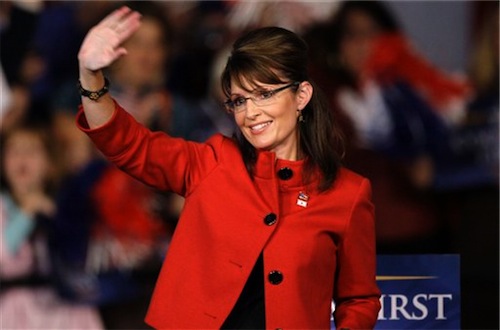Throughout the 90 years of Monmouth University and “The Outlook,” the world as we know it has become a completely different place. We are more connected than ever. Information can be shared across the world at the click of a button. Since 1933, advances in civil rights have completely changed the opportunities available to Americans. From Martin Luther King, Jr. to Harvey Milk, the fabric of our nation has become more tolerant. Monmouth University and its student body have not been immune to these changes, and throughout its rich history, has had the opportunity to be an active participant in the various phenomena around our nation.
The period of time from the 1990s through the 2010s was a time of great change, both in the United States and globally. From the launch of the World Wide Web to the fall of the Twin Towers, and even throughout the 2008 election, one thing remained the same: “The Outlook” dutifully and skillfully informed Monmouth University about the events that changed the way we live.
With its neon colors, snappy basslines, and problems in Eastern Europe, the 90s were a very cheerful and prideful time in America. In 1992, the red flag was lowered in Moscow for the last time, signaling the end of the Cold War and temporarily removing the fear of nuclear annihilation for Americans. With this new-found national bliss, we saw our future President Bill Clinton on the Arsenio Hall Show playing the saxophone for millions of Americans. Later in the decade, the way we learned changed with the introduction of the World Wide Web, which began fast and inexpensive information sharing. The 90s filled the nation with hope and joy for the future.
Even though the 90s were technically over, the cultural influences didn’t end until the morning of Sept. 11, 2001. The terrorist attacks that killed over 2,977 people caused a major cultural shift in the country. According to “Aftershock,” the front-page piece published by “The Outlook’s” Shauna DeGeorge shortly after the attacks, Monmouth students were “weeping silently, with their hands desperately clasped in prayer” during the days following the assault on New York City and Washington, D.C. From the streets of Manhattan to the coasts of California, everyone in the nation was left reeling, with a sense of desperate national unity.
The events of 9/11 sparked a global conflict, with America sending troops to the Middle East in order to promote peace in the region—and additionally, find Osama Bin Laden. In the issue following Sept. 11, 2002, “The Outlook’s” front page was donned in red, white, and blue. For the centerfold, a full page was printed of the New York Skyline with the absent Twin Towers. More importantly, a quotation that symbolized the national loss, but emphasized the grit of Americans stood there: “Lady Liberty looks upon a skyline forever changed, but never forgotten.”
The events of Sept. 11 changed who we were as a country and influenced the culture we have today. For the millions of Americans who fly every year, they are reminded of the tragedy we faced on that day as they pass through a TSA checkpoint. For the brave first responders who helped save thousands on that day, they are reminded daily of their brothers and sisters who perished and of those who continue to perish due to the physiological and psychological effects following the attacks. For them, that day will never end, as members of the FDNY and other agencies continue to perish from cleanup-related cancers and diseases.
Following 9/11, President George H.W. Bush was re-elected in 2004 following a high approval rating post-2001. “The Outlook” examined this, specifically focusing on youth turnout during the election. “The Outlook’s” Alison McSherry analyzed these results, with students “glad to know that their voice was heard” according to a student quote published on Nov. 10, 2004.
Later in the decade, America made history in 2008, with Barack Obama being elected America’s first black president. Obama, facing off against the now-late Senator John McCain of Arizona, prevailed early on election night with key victories in Florida and Indiana. Coming out of the 2008 recession, Americans wanted a change, and hope—which a young Senator from Illinois was able to bring them.
“By the time you are reading this, history will have been made,” was the defining statement from “The Outlook’s” Frank Gogol in the Nov. 6, 2008, issue, printed two days after the election. In his editorial, Gogol stated that at the time, “Our country was in a lot of trouble” and that “the new president will have many problems to take the reins of.” Almost 15 years on, Gogol is now a published author, having written for “Vice” and even publishing his own series of comic books.
In the early 2010s, the way Monmouth students received “The Outlook” also received a defining change. With the accessibility of online news platforms, “The Outlook” began publishing its weekly print edition online. With this change, Monmouth University students could now access the latest on-campus and national news with the click of a button, without having to leave their dorm room.
From everyone at “The Outlook’s” Politics section, we are incredibly honored to be able to bring our readers unbiased, accurate news about the events that have set the course of our nation and world for the past 90 years. As we mark our 90th year of print, we extend our gratitude to you, our readers, for your support and confidence in our journalism. Over our 90 years, “The Outlook” has been a beacon in fostering informed discussions on worldly issues across our campus, and we thank you for being a part of our legacy. Here’s to nine decades of unwavering integrity, commitment, and commentary on the issues that matter.


